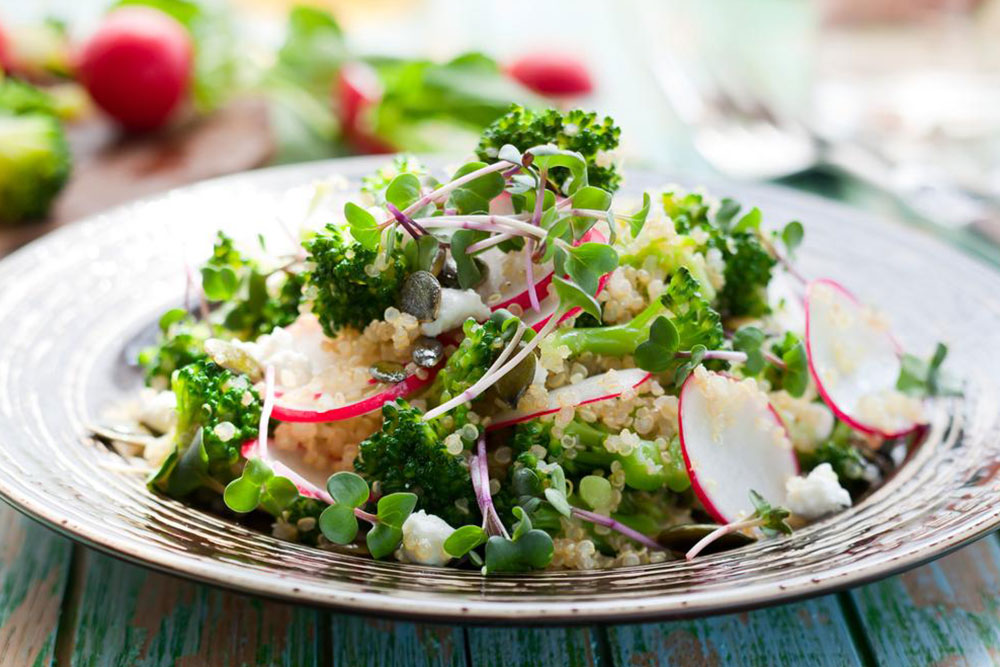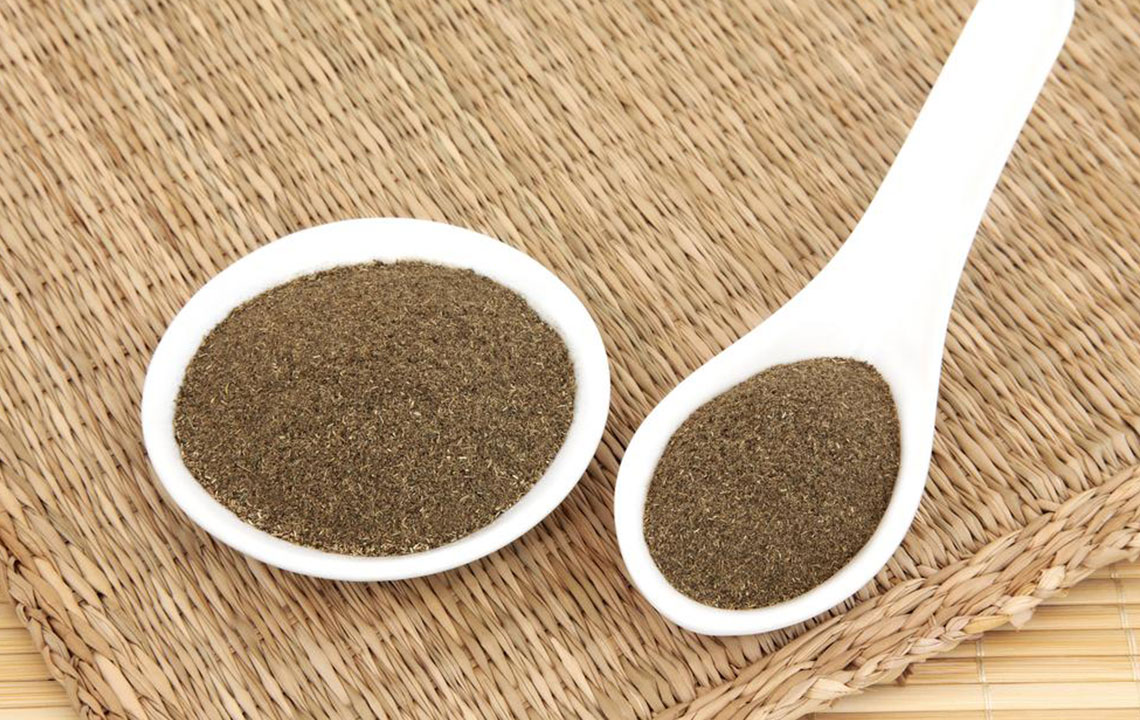Essential Dietary Restrictions for Managing IBS Symptoms Effectively
Discover comprehensive dietary guidelines to manage irritable bowel syndrome effectively. Learn which foods to avoid, including cruciferous vegetables, green peppers, lentils, beans, and dairy, to reduce bloating, gas, and discomfort. This detailed article offers practical tips on identifying and eliminating trigger foods, adopting a balanced diet, and making lifestyle changes that support digestive health. Tailoring your diet to your individual triggers can significantly improve quality of life and symptom control, making daily routines more comfortable and enjoyable.

Key Foods to Avoid When Coping with Irritable Bowel Syndrome
Managing irritable bowel syndrome (IBS) relies heavily on understanding and modifying dietary habits to reduce discomfort and improve quality of life. Dietary choices play a pivotal role because certain foods can trigger or exacerbate symptoms like bloating, abdominal pain, diarrhea, and constipation. Especially for individuals dealing with chronic IBS, adopting an appropriate diet involves recognizing which foods to limit or avoid altogether. This detailed guide explores common irritants and provides practical advice to help you tailor your dietary intake for optimal digestive health.
It’s important to understand that IBS is a complex condition, and each person’s triggers can vary. While some foods may cause significant issues for one individual, they might be tolerated well by another. Hence, maintaining a food diary and gradually introducing or eliminating specific items can be instrumental in discovering personal triggers. The goal is to develop a sustainable eating plan that minimizes flare-ups and supports overall well-being.
Cruciferous vegetables such as cauliflower, broccoli, and Brussels sprouts
While vegetables are generally a healthy component of any diet, certain fibrous vegetables like cauliflower, broccoli, and Brussels sprouts are known to produce excess gas due to their high raffinose and sorbitol content. This gas can cause bloating, discomfort, and even cramping in individuals with IBS. For some, these vegetables may be tolerated in small amounts, but it’s advisable to monitor your response and adjust consumption accordingly. Cooking vegetables thoroughly or reducing portion sizes can sometimes lessen symptoms.
Green peppers
Green peppers, a staple in many diets, can be problematic for certain IBS sufferers. They contain compounds that may increase gas production and bloating. Personal tolerance levels vary widely, which underscores the importance of mindful eating and symptom tracking to identify whether green peppers are a trigger for you. If they worsen your symptoms, consider eliminating them from your diet or replacing them with other vegetables such as cucumbers or zucchini that are generally better tolerated.
Lentils and Legumes
Lentils are rich in proteins, fiber, and essential nutrients that support a balanced diet. However, their high fiber content and complex sugars like oligosaccharides can be difficult for some IBS patients to digest, leading to increased intestinal gas, bloating, and even inflammation. For those experiencing frequent or severe bloating, reducing lentil consumption or avoiding them temporarily might significantly improve discomfort. Using soaking or sprouting techniques can sometimes make lentils easier to digest, but individual responses vary.
Beans and Other Legumes
Beans such as kidney beans, black beans, and chickpeas are nutritious and versatile. Despite their health benefits, they are notorious for causing excessive gas and bloating due to their high oligosaccharide content. For IBS patients, experimenting with cooking methods like prolonged soaking, boiling, or pressure cooking can help reduce some of these effects. Portion control is also vital; smaller servings may be better tolerated. Nonetheless, persistent symptoms might require limiting or avoiding beans altogether, depending on individual tolerance.
Dairy Products
Dairy items like milk, cheese, butter, and cream can be triggers for many with IBS, especially those with lactose intolerance. Symptoms such as bloating, cramps, gas, and diarrhea are common reactions. For sensitive individuals, eliminating or reducing dairy intake can provide relief. Alternatives include lactose-free dairy products or plant-based milk substitutes like almond, soy, or oat milk. Gradually testing your tolerance levels by reintroducing small amounts can help determine if dairy is a trigger for your specific symptoms.
In addition to avoiding these common trigger foods, adopting a balanced diet rich in easily digestible fibers, lean proteins, and non-irritating vegetables can help manage IBS symptoms more effectively. It’s also recommended to stay hydrated, exercise regularly, and practice stress management techniques, as stress can often worsen digestive issues. Consulting a healthcare professional or a registered dietitian specialized in digestive health can assist in creating a personalized diet plan tailored to your specific needs and triggers. Remember, managing IBS is an ongoing process that involves careful dietary choices, lifestyle adjustments, and listening to your body’s signals.





